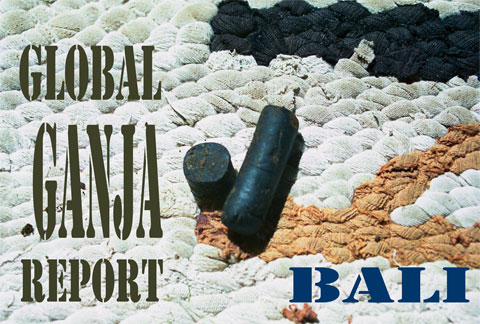Bali Legal Situation
Indonesia has among the most draconian drug laws on earth. The most celebrated case is that of Schapelle Corby, a young Australian woman serving a 20-year sentence for the importation of 4.2 kilograms (9.3 lb) of cannabis into Bali. She was convicted in May 2005, and has exhausted her appeals. If she serves the whole sentence, she will be 48 when she is released. She refuses to plead for clemency, because this would mean admitting guilt. From day one, she has maintained her innocence, saying the dope was planted. “When I flew to Bali on 8 October 2004, I imagined my biggest problem was going to be deciding which sarong to wear which bikini,” she says on her support website, FreeSchapelle.net.
It could have been worse--Indonesian prosecutors initially vowed to send her to the firing squad.
Indonesian law imposes the death penalty for narcotics trafficking, and up to 20 years for marijuana possession—even one to five years for personal quantities. In 2009, the country ended a four-year hiatus on the death penalty for drug offenses, which had been instated pending clemency appeals and a constitutional review of the practice. Two Nigerians were executed by firing squad that year after being convicted of heroin
smuggling.
Among those whose attorneys had demanded the constitutional review are three Australians sentenced to death for trying to smuggle heroin off Bali. Unfortunately, the Constitutional Court ruled that a constitutional amendment upholding the “right to life” did not apply to capital
punishment.
While there are some 100 convicts on death row in Indonesia, it doesn’t seem to be cutting down on drug use. By Health Ministry statistics, 18 million of the country’s 238 million people are “addicts.”




